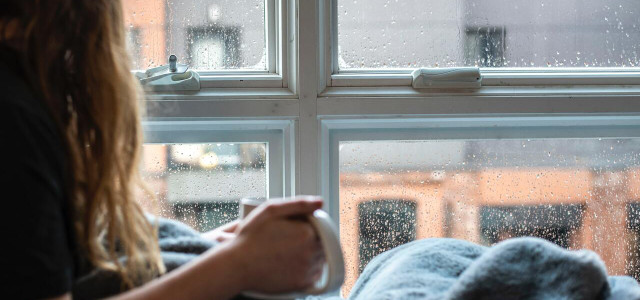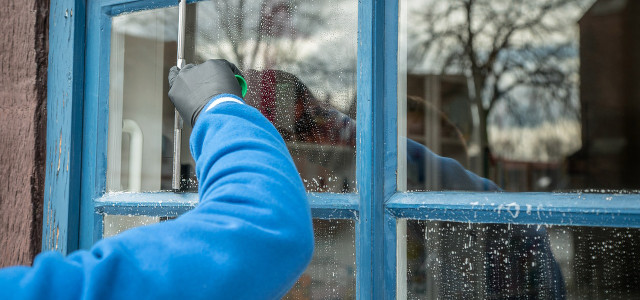Heating your home in winter can be costly for you and the planet. Learn how insulated windows can keep costs down and reduce your energy usage.
When it comes to heat loss in homes, drafty doors and windows are major culprits. The law of thermodynamics means that heat wants to go from hot areas to cold ones however it can, meaning even the smallest gaps in the sealant can be detrimental.
A well-insulated home means you never need to worry about high energy bills; however, most homes are not well-insulated. Retrofitting old houses with new insulation techniques is costly, and most people aren’t willing or able to invest that much into their homes.
That said, windows that aren’t appropriately insulated are one of the biggest home heating mistakes. They allow heat to escape easily, which wastes money and energy. Learn how to ensure you have properly insulated windows this winter with our tips below.
The Impact of Home Heating
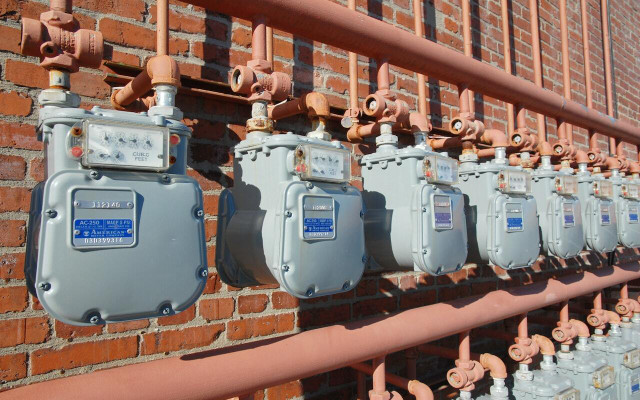


(Foto: CC0 Public Domain / Unsplash / Robert Linder)
Residential energy use is responsible for nearly one-fifth of greenhouse gas or carbon emissions in the US. Nearly half of homes rely on natural gas to heat buildings and water and for household chores like cooking and laundry. The residential sector accounted for approximately 15% of the total natural gas consumption in 2021.
Natural gas is a fossil fuel that has a significant environmental impact. While it burns cleaner than other fuel sources like coal or oil, when you consider extraction, infrastructure construction, transport and storage, there’s nothing clean about it.
1. Insulated Windows with Bubble Wrap
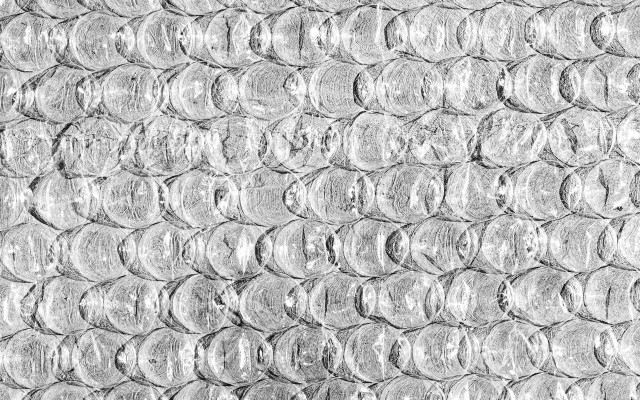


(Foto: CC0 Public Domain / Unsplash / Kier... in Sight )
This is a budget option for anyone who can’t afford to replace their windows. It’s a quick fix to create insulated windows. Applying bubble wrap to your windows should increase the temperatures slightly and reduce heat loss in your home.
- Cut a piece of bubble wrap to fit each window pane.
- Using a spray bottle, spray the window with water.
- Apply the bubble wrap with the flat side on the window – the water will help create a seal to make it stick.
While it may not look great, it’s easily removable and reusable, making this a great budget-savvy and eco-friendly option. If you don’t have bubble wrap at home, ask friends and family so you can save it from going to landfills.
Tip: You can also use this method as summer insulation to keep the heat out.
2. Window Insulator Kits
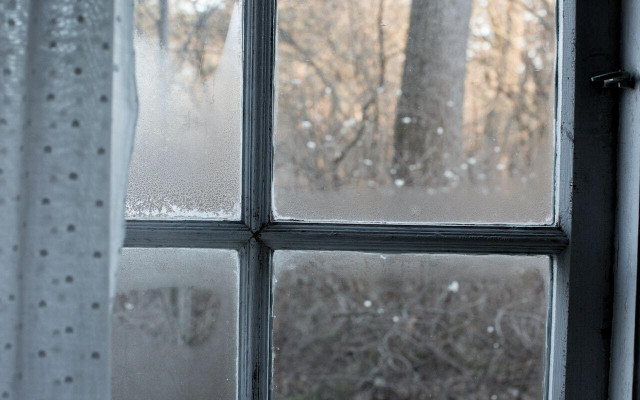


(Foto: CC0 Public Domain / Unsplash / Ozgu Ozden )
There are products made specifically to remedy poorly-insulated windows because replacing them can be expensive and not in everyone’s budget. You can find window insulator kits from companies like 3M on Amazon** or in hardware stores.
The benefit of purchasing products explicitly designed as insulation solutions is that they typically come in a clear film so you can see out of your windows. The downside is that they should be removed and disposed of after each season, contributing to landfill waste. Still, they offer a way to save on energy bills and keep the heat inside your home.
3. Insulate Windows With Curtains
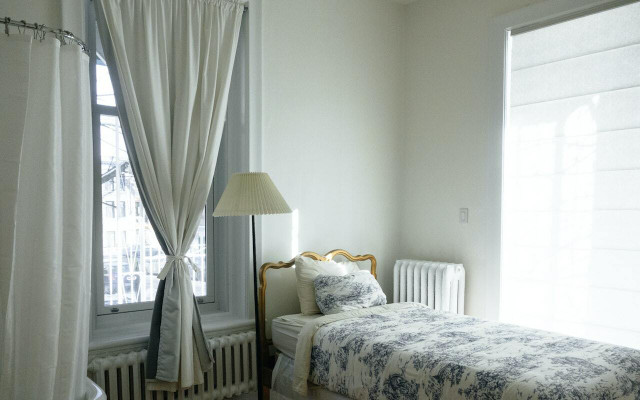


(Foto: CC0 Public Domain / Unsplash / Ali Inay)
Curtains, especially thermal curtains, are a great way to insulate windows without replacing them. Thermal curtains feature a layer of acrylic foam between double or triple layers of fabric to provide ample insulation. If you don’t want to go out and purchase new, you can also find second-hand curtains at most thrift shops. The material doesn’t matter as much as the thickness does. The thicker the material, the better it holds in heat. The thick fabric can create the feeling of insulated windows without the hefty price tag.
Read more:
- What is Vampire Power and How Can You Fix It?
- The 6 Types of Renewable Energy – And Why We Need Them Now
- How to Keep Your Feet Warm this Winter: 8 Tips
Do you like this post?






